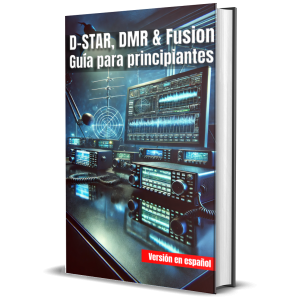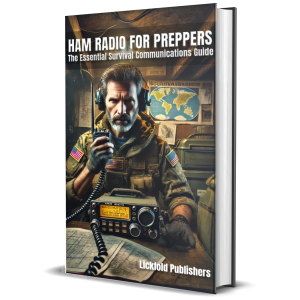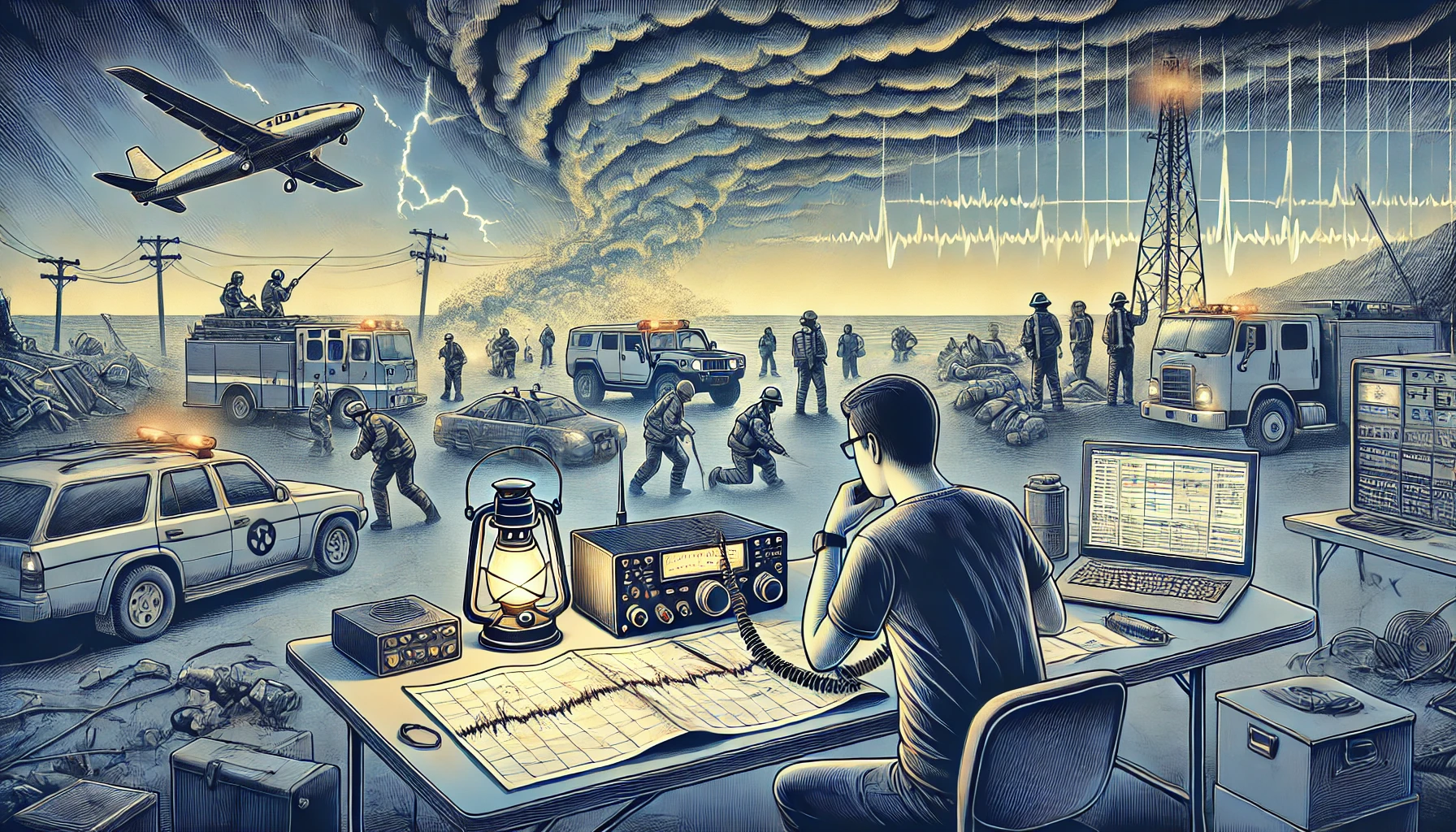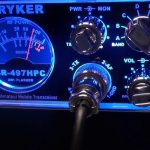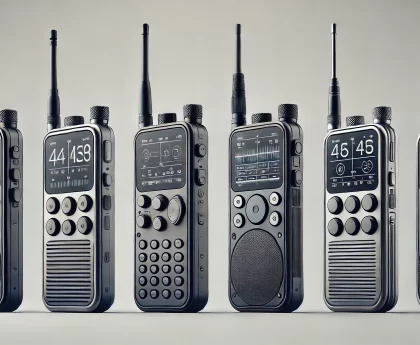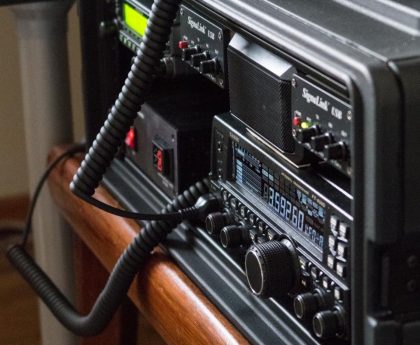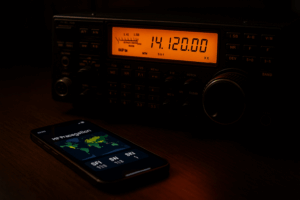Introduction: The Power of Amateur Radio in Critical Moments
Amateur radio is more than just a hobby; it’s a tool that has saved countless lives in emergencies. When natural disasters strike, power grids fail, or traditional communication systems go down, ham radio operators step in, providing critical communication that bridges the gap between chaos and order. This article highlights some of the most inspiring stories of amateur radio operators stepping up during life-threatening situations, showcasing their invaluable role in disaster response.
Real-Life Stories of Ham Radio Heroes
1. Hurricane Katrina: The Unsung Communication Network
In 2005, when Hurricane Katrina devastated New Orleans, most communication networks collapsed. Amid the chaos, amateur radio operators became the backbone of disaster communication. Local hams coordinated rescue operations, relayed messages to families, and even helped emergency responders locate stranded victims.
- Quote from a Survivor: “We didn’t know if anyone knew we were alive until an operator got through,” recalls a resident rescued after being stranded for four days.
2. Earthquake in Nepal: Reaching the World Through Ham Radio
The 2015 earthquake in Nepal left vast areas inaccessible and isolated from the rest of the world. A group of amateur radio operators quickly set up stations to communicate with international relief organizations, directing aid to remote villages.
- Remarkable Feat: Operators relayed real-time information on road conditions, medical needs, and resource shortages, enabling targeted and efficient rescue efforts.
3. Lost in the Wilderness: A Ham Operator’s Quick Thinking Saves a Hiker
In 2021, an experienced hiker got lost in the rugged mountains of California. With no cell service and night falling, they used a small handheld ham radio to broadcast a distress signal. Fortunately, an operator in a nearby town picked up the signal and alerted authorities, leading to the hiker’s rescue.
4. Amateur Radio in the Ukraine Conflict
During the early days of the Ukraine conflict, amateur radio operators played a critical role in connecting families separated by the chaos. Operators transmitted updates across borders and facilitated communication for those without internet or phone access.
- Human Impact: “Hearing my mother’s voice for the first time in weeks was overwhelming,” shared one Ukrainian refugee.
Why Amateur Radio Works When Nothing Else Does
1. Independence from Infrastructure
Ham radio doesn’t rely on cellular towers, internet, or power grids. This independence makes it one of the most reliable forms of communication in disaster scenarios.
2. Global Reach
With the right equipment, amateur operators can connect across vast distances, even to remote or isolated locations.
3. Resilience to Interference
Unlike many modern systems, amateur radio is less vulnerable to cyberattacks or jamming, ensuring a steady communication channel in emergencies.
Training and Preparedness: The Backbone of Ham Radio’s Success
Behind these inspiring stories are operators who dedicate countless hours to training and preparedness. Amateur radio clubs worldwide regularly host drills and emergency simulations to ensure they’re ready to step in at a moment’s notice.
- Highlight: The annual Simulated Emergency Test (SET) allows operators to practice coordination with emergency agencies, honing their skills for real-life crises.
How You Can Make a Difference
Getting involved with amateur radio is easier than you might think. Here’s how you can join the ranks of operators who are making a difference:
- Earn Your License: Most countries require operators to be licensed. The process involves studying basic radio theory and regulations.
- Join a Club: Local amateur radio clubs are invaluable for learning and networking.
- Learn Emergency Protocols: Specialized training programs like those offered by the Amateur Radio Emergency Service (ARES) can prepare you for disaster scenarios.
- Invest in Equipment: Start small with a handheld transceiver, then expand your setup as you gain experience.
Conclusion: A Lifeline Worth Supporting
Amateur radio operators may be hobbyists at heart, but their contributions during emergencies prove the immense value of this timeless technology. Whether providing a lifeline in a disaster zone or saving an individual lost in the wilderness, these unsung heroes remind us of the power of human connection—even in the most trying times.








